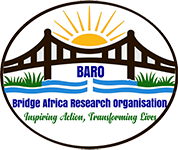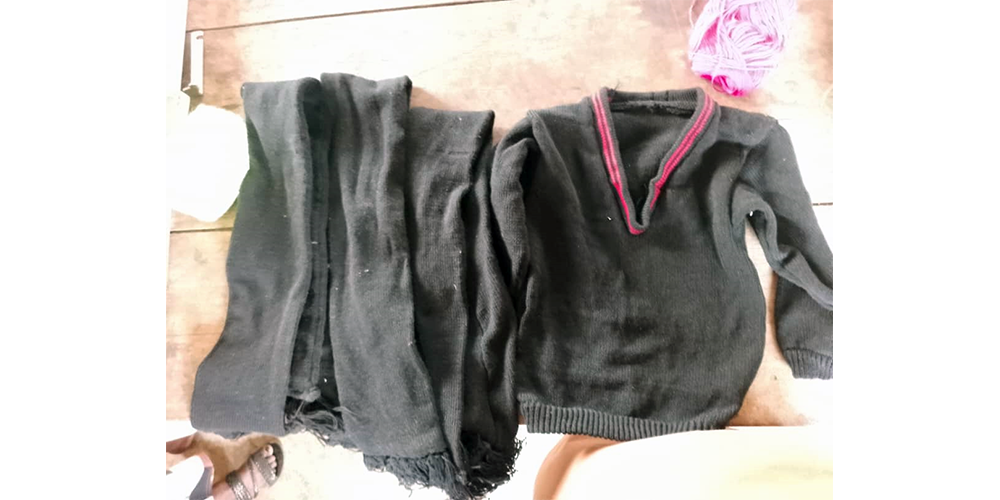In a groundbreaking initiative, Penal Reform International (PRI) has partnered with Bridge Africa Research Organisation (BARO) to provide vocational training to women incarcerated at the Katojo Women’s Prison in Uganda. The innovative program focuses on teaching the women the art of knitting, with the goal of equipping them with a valuable skill to support their reintegration into society upon release.
The program has already shown promising results, with the women producing an impressive array of handmade items, including sweaters, scarves, and other clothing accessories. Beyond the tangible products, however, lies a more profound impact: the empowerment of incarcerated women through skill-building and economic independence.
Breaking the Cycle of Poverty and Recidivism
Incarcerated women often face significant barriers to rehabilitation and reintegration into society. Many lack education, job skills, and economic opportunities, making it difficult for them to support themselves and their families upon release. This can lead to a cycle of poverty and recidivism, with many women returning to prison due to lack of alternatives.
The knitting program seeks to break this cycle by providing women with a valuable skill that can generate income and promote economic independence. By learning to knit, the women can create products that can be sold, providing them with a source of income and a sense of self-worth.
A Holistic Approach to Rehabilitation
The program is part of a broader effort to promote holistic rehabilitation and reintegration of incarcerated women. By addressing the social, economic, and emotional needs of the women, the program aims to reduce recidivism rates and promote community safety.
“The knitting program is more than just a vocational training initiative,” said [Name], Program Manager at PRI. “It’s a way to empower incarcerated women, promote their dignity and self-worth, and provide them with a sense of purpose and direction.”
A Brighter Future Ahead
As the women at Katojo Women’s Prison continue to learn and grow through the knitting program, they are gaining not only a valuable skill but also a sense of hope and optimism for their future.
“I never thought I could make something beautiful with my own hands,” said one of the participants. “But now, I see that I can create something valuable and earn a living from it. It gives me hope for my future.”
The partnership between PRI and BARO is a shining example of the impact that collaborative efforts can have on promoting rehabilitation and reintegration of incarcerated individuals. As the program continues to grow and evolve, it is clear that a brighter future awaits the women of Katojo Women’s Prison.
Click to see the products in Our Photo Album


